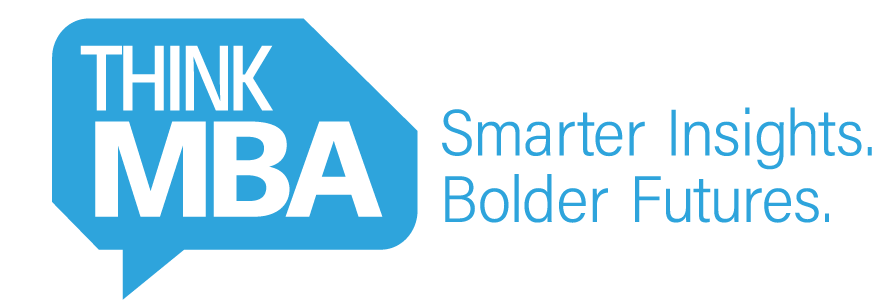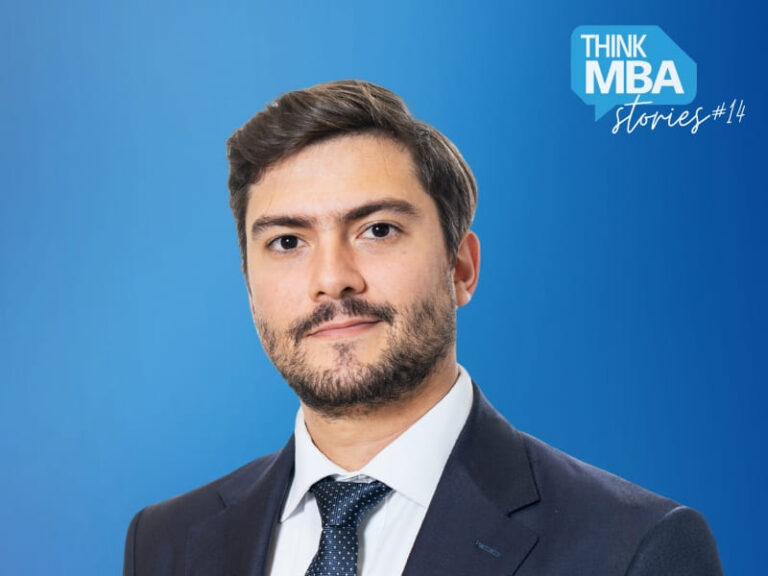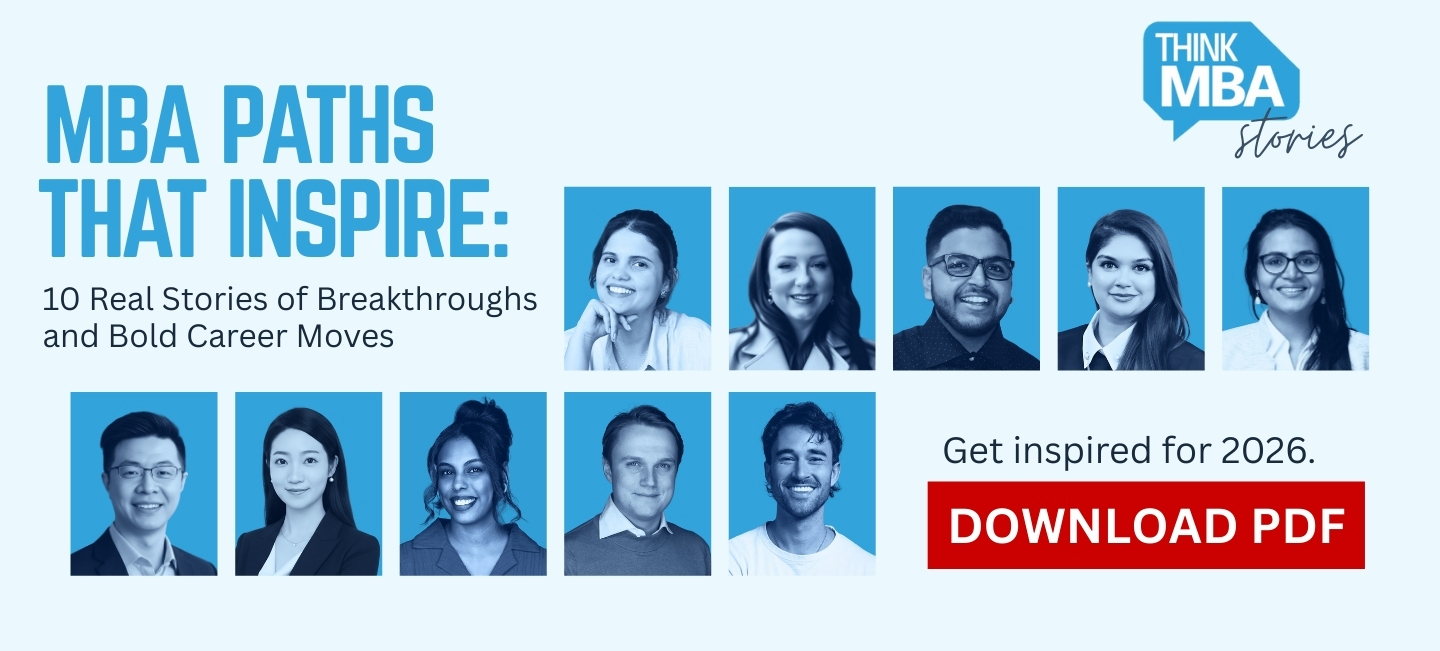Contact Us
[email protected]
How Yan Huang Turned an MBA into a Catalyst for Purpose-Driven Healthcare Leadership

Editor’s Note: In this edition of our Real Stories series, we spotlight Yan Huang, an MBA student from KEDGE Business School in Paris.
Yan Huang worked as an Area Manager at MERCK. Her journey has been about driving medical innovation and empowering the next generation of business. She led and developed a high-performing team with a strong patient and customer-centric approach.
She has been focusing on driving treatment accessibility, building a trusted partnership with healthcare professionals, and ensuring ethical execution in the assigned territory. Yan delivered business results while empowering the team to create sustainable impact for patients and communities.
What makes Yan stand out is not only her passion for driving medical innovation but also her ability to empower next-generation businesses in the medical sector. The MBA KEDGE fills this passion as it provides her with a toolkit to apply acquired concepts into real-world contexts.
From MERCK to a Business School in Paris: An MBA KEDGE that provides a toolkit — filling Jan’s passion for Next-Gen Business in Medical Innovation.
Before you pursue your MBA at KEDGE
Before joining the MBA program, Yan spent over 11 years in the pharmaceutical industry, taking on regional management roles at leading companies such as Sanofi and Merck.
She was responsible for developing and implementing regional business strategies, managing sales teams, and expanding market access in highly competitive environments.
“My role involved setting strategic goals, allocating resources, coordinating with cross-functional teams, and ensuring compliance with company policies and regulations,” she recalls. “I also worked closely with hospitals, government agencies, and strategic partners to strengthen collaboration and support major company initiatives.”
“Working on live projects and international group assignments enhanced the students’ ability to collaborate across cultures, lead under pressure, and communicate effectively.”
In addition to her business management, Yan focused on talent development—“recruiting, training, and mentoring sales representatives to enhance their performance and engagement,” she says. “These experiences allowed me to build strong leadership, communication, and strategic planning skills.”
This new focus inspired Yan to pursue an MBA to deepen her global perspective, prepare for broader management responsibilities, and develop her business skills.
Impact of your MBA
The KEDGE MBA has broadened Yan’s global outlook, sharpened her business skills, and given her the confidence to embrace new opportunities.
“The MBA has transformed the way I think and approach problems,” Yan says. “Through courses in strategy, finance, data analysis, and organizational behaviour, I am learning to diagnose complex business challenges using structured frameworks and to design actionable solutions,” she explains.
Working on live projects and international group assignments enhanced the students’ ability to collaborate across cultures, lead under pressure, and communicate effectively. Most importantly, Yan has learned how to bridge theory and practice — integrating financial modelling, market segmentation, and growth strategy into real business scenarios.
“This experience significantly broadened my strategic perspective and strengthened my confidence in leading change”, she admits.
An MBA that stands out
The hands-on, experiential learning approach is a key differentiator of the KEDGE MBA programme. It consistently moves beyond textbook theory by pushing students to apply newly acquired concepts in real-world contexts immediately.
The way this process is achieved is by using a variety of methods, including immersive case studies that mirrors current business dilemmas, hands-on projects for real companies, and collaborative teamwork that simulates modern corporate environments.
This practical emphasis is crucial because it makes the learning concrete and memorable. Instead of just understanding concepts in isolation, students experienced their application, their challenges, and their results.
Yan says: “This approach gave me a toolkit of practical skills and a problem-solving mentality that I could directly and immediately transfer to my professional career, ensuring the return on investment began even before graduation.”
Cross-cultural challenges
For Yan the language barrier she faces during her MBA program is challenging. Even though the classes are in English, she thinks that living in France day-to-day without speaking French is challenging.
“Simple things like dealing with paperwork, shopping, or social situations required extra effort. I quickly realized that to really settle in and connect with the local culture, I need to pick up at least some basic French,” she says.
Apart from this, a classroom in Paris is a melting pot of cultures. Students from different backgrounds and cultures bring their own communication styles and perspectives, which Yan found a double challenge:
“Adapting to the local French context while also learning to collaborate effectively with a super diverse international group, pushes me out of my comfort zone for sure, but in the end, it is massively improving my adaptability and cross-cultural communication skills,” she says.
Valuable outcome of your MBA
It is known that every aspect of a learning process provides value; however, in the context of studying for an MBA, some aspects, even if not directly related to the studying process, may be crucial for the student.
A Useful Network
For Yan, the most valuable outcome from studying a KEDGE MBA is the synergistic combination of leadership development and the powerful, global network she managed to build.
“The MBA catalyzes refining my leadership style,” — through feedback, self-reflection, and practical exercises. “I am gaining a much deeper understanding of how to lead, influence, and inspire teams more effectively,” she says.
Concurrently, the network of talented, ambitious, and supportive peers, alumni, and faculty that Yan built has proven to be an invaluable asset for her.
“These individuals not only inspire me during the program but will continually offer professional support, diverse perspectives, and friendship long after graduation,” Yan admits. “The lasting value of this community is immeasurable.”
Inspiring Teaching Staff
Yan also admits that the teaching staff brought her immense value by injecting real-world relevance and immediacy into the curriculum.
“Their perspectives are consistently fresh and thought-provoking, drawn from their own extensive industry experience,” she says. “They are not just teaching us what the models are; they are showing us how those models succeeded, failed, or were adapted in actual business situations.”
Students are encouraged to challenge conventional wisdom and to look at problems from multiple, often unconventional, angles. “Furthermore, they designed the learning experience to be highly dynamic and interactive, placing a strong emphasis on teamwork, simulations, and lively classroom debates,” she says.
“This creates an environment where learning is not passive but an active, engaging process of discovery,” Yan explains.
MBA students becoming competitive leaders?
Yan believes so! “The advantage stems less from the diploma itself and more from the foundational transformation that a quality MBA program facilitates,” she highlights.
“It’s not a guaranteed ticket to leadership, but it is a powerful incubator for the qualities required for it.”
It is a cultivated mindset and the sharpened skill set that truly sets individuals apart. “The program rigorously develops critical and strategic thinking, enhances the ability to adapt swiftly to volatile environments, and hones the capacity to lead through complexity and ambiguity,” she says.
“These are the core competencies that define competitive industry leaders,” Yan reflects. “The MBA accelerates the development of these traits, providing a structured environment to practice and refine them — it’s not a guaranteed ticket to leadership, but it is a powerful incubator for the qualities required for it,” she adds.
ROI from Your MBA
Yan started to see a return from investing in an MBA sooner than she anticipated, not financially, but through transformative personal growth.
“From the very first months, I noticed a sharp increase in my confidence and strategic thinking abilities,” she explains. The challenging curriculum and diverse environment pushed her to develop stronger problem-solving frameworks and more effective communication skills.
Learning to collaborate across cultures and lead teams under pressure has given her a level of resilience and adaptability that has been extremely valuable. This personal growth—including an expanded mindset, a broader international perspective, and a refined leadership style—offered significant benefits long before any career advancement happened. “In many ways, this non-financial ROI has been even more meaningful than I originally expected,” Yan emphasizes.
3 tips to make the most of an MBA
When pursuing an MBA, attitude accounts for over 50% of a student’s professional success. The student must develop new perspectives on how to approach the degree. That’s how a professional businessperson would see it.
Yan shares key tips:
1. Be proactively curious and open-minded
“Engage with subjects outside your expertise, seek out peers with different backgrounds and viewpoints, and embrace the discomfort that comes with learning,” she says. “Be proactively curious and open-minded. Consciously step out of your academic and social comfort zones.” This is where the most profound learning occurs.
2. Prioritize building genuine, deep connections
“Move beyond superficial networking. Invest time in building authentic relationships with your peers, professors, and visiting speakers,” Yan notes. “These connections become a lifelong source of learning, support, and opportunity.” The network is a cornerstone of the MBA’s value.
3. Focus on immediate application
“Actively look for opportunities to apply new concepts, frameworks, and skills to your current projects or even in analyzing everyday business news,” she reminds. “Don’t wait until you graduate to use what you’re learning.” This practice solidifies learning and integrates it into the student’s professional DNA.
Yan’s path is one of courage and greatness. Her choice to quit an Area Manager job at MERCK to pursue her dream has paid off in personal and professional growth.
“Move beyond superficial networking. Invest time in building authentic relationships with your peers, professors, and visiting speakers“
The MBA KEDGE provided a toolkit to apply the acquired concepts into real-world contexts, which will allow her to fulfill her passion for driving medical innovation to the next generation of business in the future.
The cross-cultural barriers and challenges she first experienced while studying and living in Paris have now become real assets for Yan.
Her experience at KEDGE Business School in Paris is a pivotal step in Yan’s journey, as she will be able to relate to this experience and apply the skills and knowledge acquired in both her personal and professional journeys.





